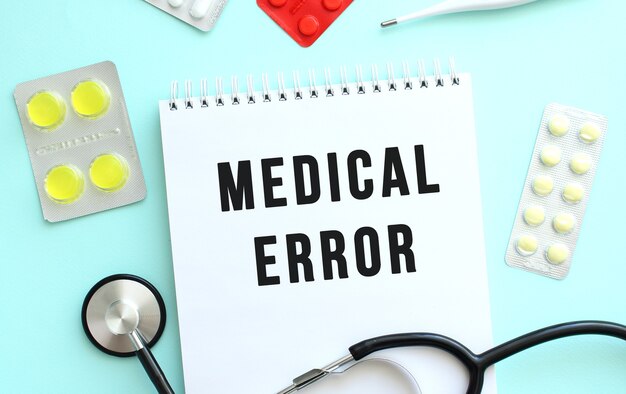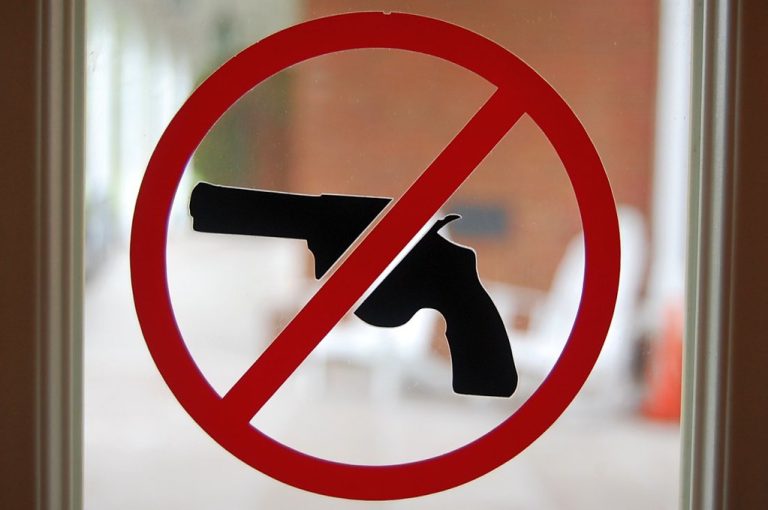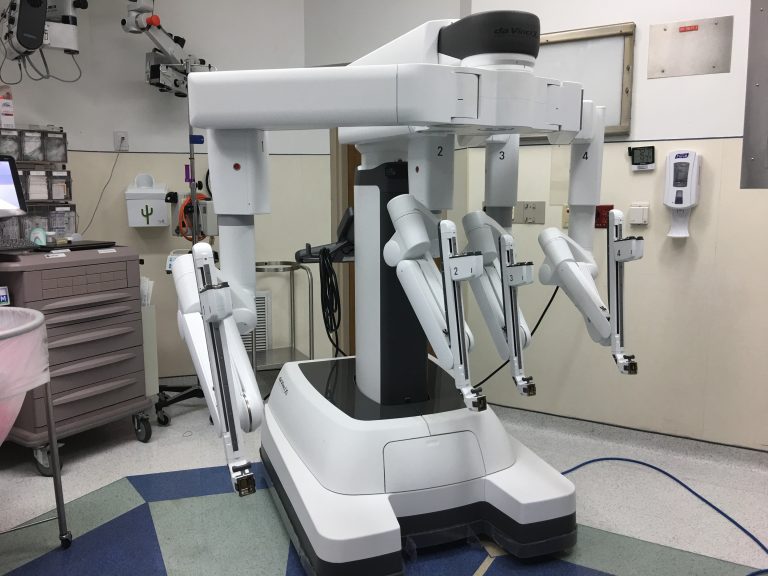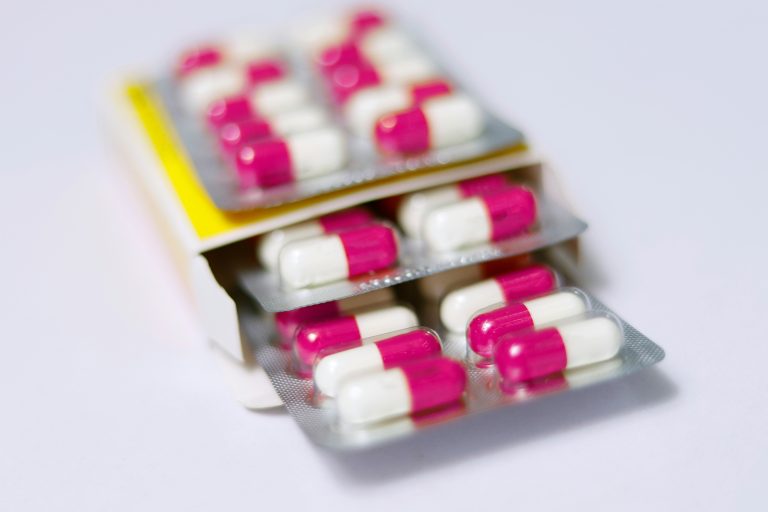THE ethics of relationship between the pharmaceutical industry and healthcare professionals is constantly being challenged by the increasingly dominant corporate face of healthcare. Innumerable studies have clearly demonstrated the influence of financial and other exchanges on prescription writing practices of physicians, especially in case of one-to-one interactions with industry representatives.
The healthcare system in Pakistan, relying predominantly on out-of-pocket expenditure, makes our patients particularly vulnerable to financial exploitation in case of unethical industry-physician relationships.
In this background, the move by the Drug Regulatory Authority of Pakistan (Drap) to formulate the Ethical Marketing to Healthcare Professionals Rules, 2021, for the industry was a much-needed step.
The Karachi Bioethics Group (KBG), healthcare professionals from various public and private hospitals in the city regularly discuss ethical issues related to clinical practice. While the discussions are mostly appreciative of the Drap document, several major flaws have also been identified in its process and implementation.
For instance, there appears to be no involvement of healthcare professionals/institutions in the application of these rules. As they are the primary stakeholders, their lack of engagement in this process makes implementation of the rules questionable.
The Drap document does not address the situation of general physicians who practise in independent clinics and where doctor-pharma representative interactions take place daily. No guidance is given about how ethical breaches are to be reported and dealt with.
For healthcare professionals working within institutions, the rules allow direct consultation-related engagement with pharmaceutical companies that even entails monetary reimbursement. This is bound to create a situation of obligation for the clinicians, affecting their prescription patterns.
Furthermore, the Drap rules allow involvement of medical representatives in the selection of individual healthcare professionals for educational engagements, gifts and grants, which is very likely to be influenced by the bulk of prescription of these individuals.
The document begins with a clear statement against the use of extravagant venues for educational events and conferences. However, it leaves the door open by referring to the venues in terms, such as ‘appropriate’ and ‘mutually convenient’, leaving the interpretation to the discretion of individuals concerned.
Public disclosure is a well-recognised method to ensure transparency of the exchanges between industry and clinicians. The Drap document mentions a mechanism of disclosure, but this is a meaningless gesture if it does not include disclosing, in the public domain, the names of the parties involved and the details of exchanges.
Finally, in referring to the consequences of breaching any of the rules, the document mentions ‘existing laws and authorities concerned’ without naming any. All the goodwill and effort of Drap will remain ineffective in the absence of defined authorities and laws to deal with the breaches.
This well-intended Drap document lacks the teeth required to make it an effective tool to control the menace of unethical marketing by pharmaceuticals, and it remains just another official document that is nothing more than a toothless lion.
Dr Nida Wahid Bashir
Coordinator, Karachi Bioethics Group 2022
Karachi











